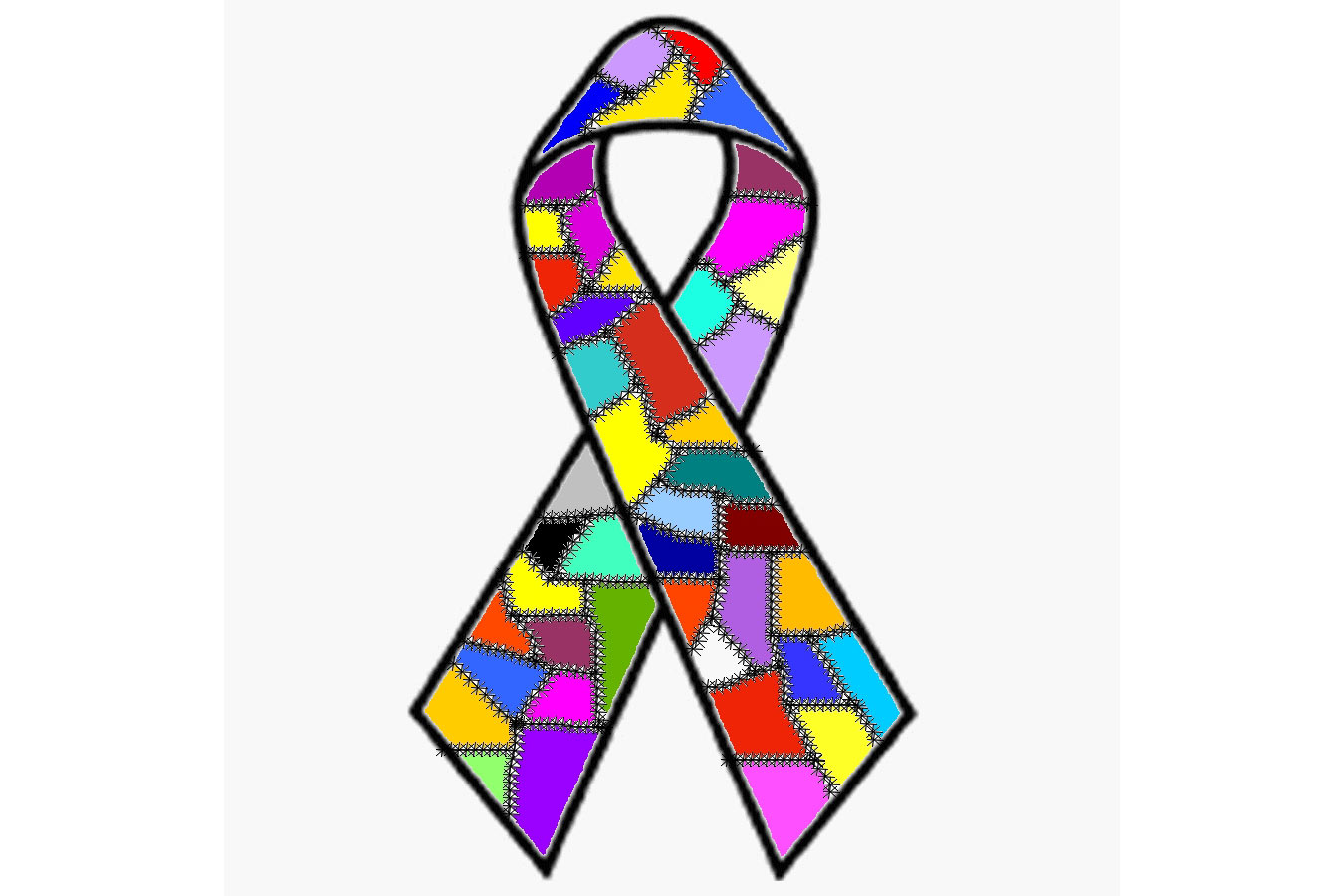Today we will be discussing the last type of dissociative disorder, Dissociative Identity Disorder (DID), which, like schizophrenia and post-traumatic stress disorder, is one of the most romanticized and misunderstood mental illnesses in the world today. In this post, we will be detailing the history behind DID, its symptoms, and the treatment options available for individuals diagnosed with this mental illness.
Before this disorder was titled DID, it was known as Multiple Personality Disorder, because it is characterized by the existence of two or more separate identities or personality states. When experiencing an alternate personality state, individuals diagnosed with DID may demonstrate changes in speech, behavior, mood, and memory. Individuals diagnosed with DID commonly attribute names, personality traits, interests, and distinct voices to their alternate identities, which may starkly contrast those of another identity.
Like most dissociative disorders, DID is often triggered by physical, sexual, or emotional trauma during childhood. By developing or experiencing shifts in identity, individuals may be able to forget about or cope with the pain of this trauma; however, after shifting to a different identity, individuals diagnosed with DID may struggle with memory loss related to people, events, and personal history.
The question, however, still stands: why was multiple personality disorder renamed dissociative identity disorder? The name was altered to transform the way that people understood the symptoms of DID. The previous name emphasizes the existence of multiple separate personalities, while individuals diagnosed with DID may more accurately experience a deficient of a unified identity. Similarly, psychologists aimed to distinguish between an identity and a personality, because, while individuals diagnosed with DID may experience different behaviors and thoughts, all of their separate identities would be considered a part of a single personality. Of course, many psychologists disagree with all of this, which is one of many reasons why dissociative disorders are considered somewhat controversial.
Dissociative identity disorder is also one of the most popularly displayed mental disorders in the media. Even when DID is not referenced, the idea of multiple personalities has intrigued writers in every genre from mystery to science fiction. Popular movies like Psycho, Fight Club, and Black Swan use the concept as a narrative device that, while certainly appealing to most audiences, exaggerates and misrepresents individuals who are actually struggling with DID. While less well known, there are also books and movies available that take a more in depth approach to DID, such as Sybil and The Three Faces of Eve.
If you or a loved one has been diagnosed with DID, there are treatment options available, but, because of the controversial nature of the disorder, research has been relatively limited. Common treatments include cognitive behavioral therapy (CBT), hypnotherapy, and dialectical behavioral therapy (DBT). Individuals diagnosed with DID may also use medication for comorbid or simultaneously occurring disorders such as depression.
If you are struggling with the above symptoms or suspect that you may be suffering from DID, please seek help from a local Spokane mental health care professional. Reach out to Damaris through her contact page or calling 509-342-6592.



